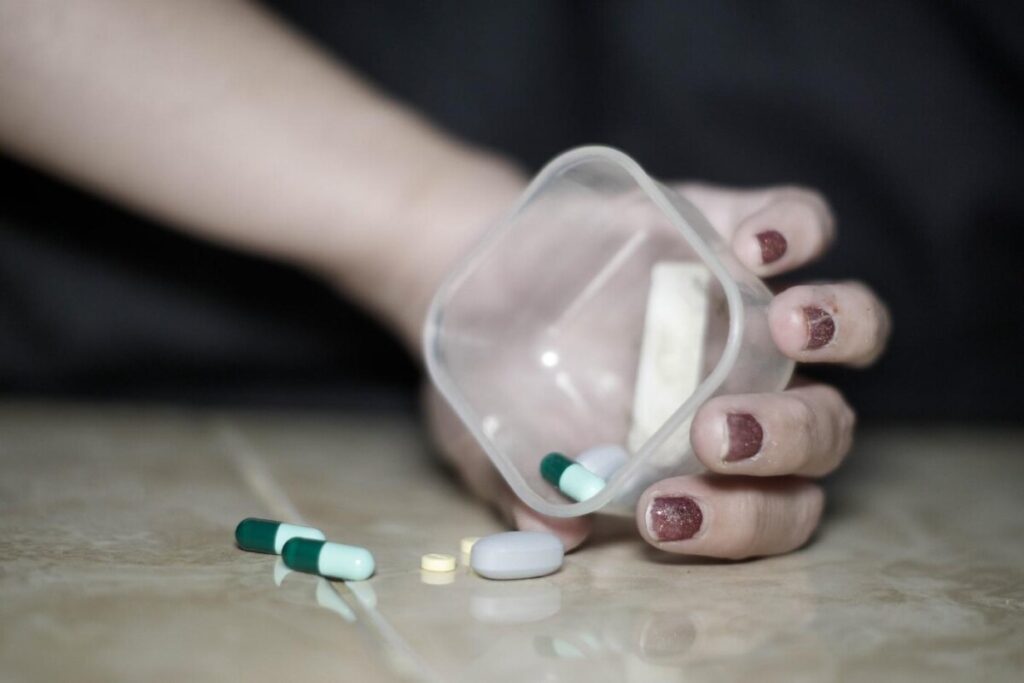When prescribed antidepressant drugs such as Lexapro, it is advisable not to drink alcohol. Many people use alcohol to improve moods for a short time, but the long-term effect is dangerous.
Lexapro is a brand belonging to a category of drugs known as selective serotonin reuptake inhibitors (SSRIs). That is used in the treatment of depressive disorders and anxiety in adults. The drugs can also be administered to teenagers of at least 12 years fighting depression in their adolescence.
Lexapro functions in the body by altering how it uses neurotransmitters called serotonin. Antidepressants such as Lexapro do not increase serotonin levels but improve their effectiveness. The difference between Lexapro and alcohol is that alcohol decreases the levels of serotonin, making the depression worsen.
Reasons Why Lexapro and Alcohol Should Not Be Used Together
Use of Alcohol Decreases the Effectiveness of Lexapro
Alcohol is a depressant, unlike Lexapro, which is an antidepressant. The use of alcohol lowers the functioning of certain parts of the brain, slows down the steadiness, slurred speeches, and delayed reactions. Although alcohol may cause a temporary increase in serotonin level-and, perhaps that is why people take it. Alcohol gives a temporal joy, but still, long-term use decreases serotonin levels, causing depression, and making the underlying depression even worse.
The Use of Lexapro and Alcohol Has Numerous Side Effects
The use of Lexapro alone has little or no side effects at all. Even though to some people there might be side effects, they are tolerable. The side effects are more severe when Lexapro is mixed with alcohol. There is increased blood pressure, fatigue and risks of having suicidal thoughts, and more.

High Risks of Contracting Liver Cirrhosis
Drinking alcohol makes it difficult to treat the symptoms of depression. Alcohol enhances the functioning of inhibitory neurotransmitters giving one a feeling of freedom and mood improvement for a short time. The temporary improvement leads to addiction, and if one attempts to stop, it leads to a condition known as alcohol withdrawal syndrome. And the symptoms are hallucinations, anxiety, increased heartbeats, and vomiting. While the long-term use of alcohol causes liver cirrhosis-which can lead to death.
The Use of Lexapro and Alcohol Causes Drowsiness
Extreme drowsiness and confusion can impair your ability to coordinate various activities and body functions. Using lexapro and alcohol interferes with one’s motor skills and increases the risk of falling and injury. Low motor skill also increases the chances of causing traffic accidents when driving.
The Use of Alcohol Causes an Imbalance in Neurotransmitters
Drinking alcohol changes the functioning of the brain. Typically the inhibitor neurotransmitters and excitatory neurotransmitters are balanced. But the long term alcohol use increases excitatory neurotransmitters while lowering inhibitor neurotransmitters such as serotonin-which is responsible for mood improvement. The extreme point in mood imbalances is having suicidal thoughts.
Summary
When someone is under depression treatment, drugs such as Lexapro, there is a need for close monitoring of the depressed as there is always a high chance of relapse to alcoholism.
